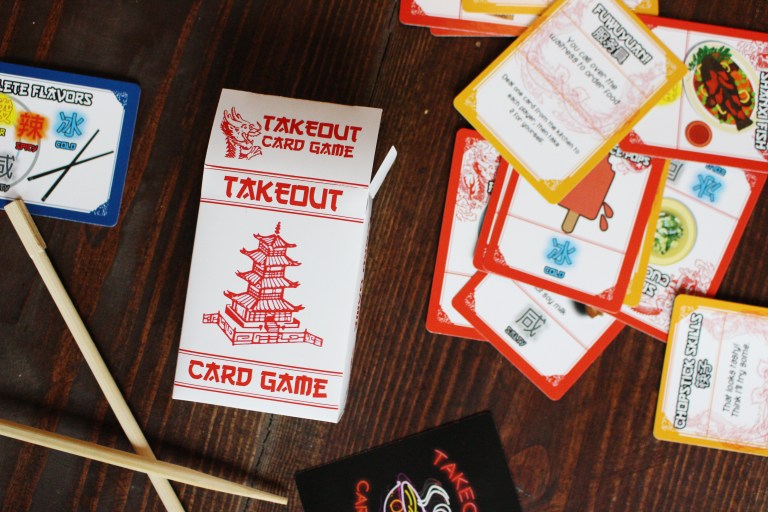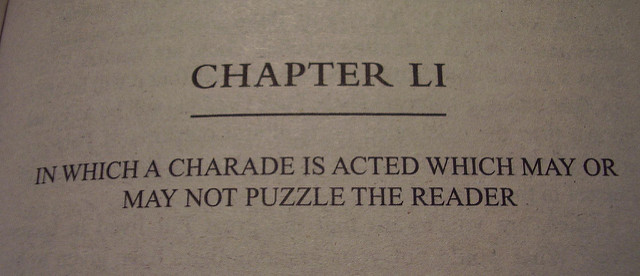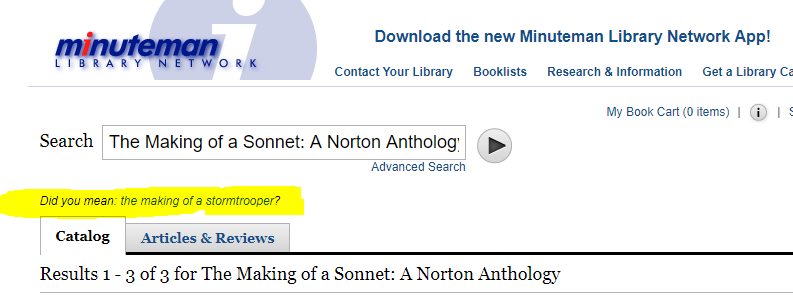So, I have one more session before I can graduate — Did you think I was finished? ME TOO! Turns out my adviser was mistaken! Turns out I have one more class to take!
You guys, I can’t describe how done I am with the whole program. I was already burning out on spending every weekend working for a Sunday deadline, and I was already tired of not writing anything for myself. Being told I had completed everything and then discovering my advisor gave me incorrect information has deeply changed how I feel about my program and my school. But let’s save that conversation for some place with beer. Let’s just talk about how done I am with my last class.
In every previous session, there’s been an obligatory student intro, where students are asked about their favorite book. This seems to be a gross misunderstanding of readers and the reading life — just ONE favorite book? — but pretty much every professor has opened their class this way, so probably I’m the weirdo.
So, the first assignment of every single class has been to write about your favorite book. The second week is usually to react to an essay about The Craft of Writing (I discovered, during this MFA, that I’m not particularly interested reading navel-gazing essays about one’s writing process, and when assigned to talk about my own, I bore myself). The final week of class writing a reflection on what one has learned over the course. So, 3 of the 12 weeks are the repetitive performance of learning that makes people hate formal education. But the other 9 weeks are usually pretty good.
There’s an annoying subtext on the obligatory intros: Sometimes there’s a contest to see who can claim the most obscure or famously difficult authors as their favorites, and while I’ve read plenty of showoff titles, I always say I like to read Candace Bushnell and Maeve Binchy. Because I do, and also, because that’s a stupid contest.
This favorite-book intro has been due on the first Thursday of the first week, every session. This final class is no exception. Except, the obligatory student intro was due yesterday, not tomorrow. Having it due earlier is definitely a better system for grading and attendance, but at the same time, seriously?!?!? There was probably a mention of this change in the avalanche of student spam that I skipped because I wasn’t expecting to be enrolled this session. Because I was specifically told I was graduating.
I’m very done with everything.







